On May 15, 1970, the police opened fire shortly after midnight on students (and passersby) in a May 14 protest of the U.S. invasion of Cambodia during the Vietnam War at Jackson State College in Mississippi. Twelve students were wounded and two (21-year-old law student Phillip Lafayette Gibbs and 17-year-old high school student James Earl Green) were killed.
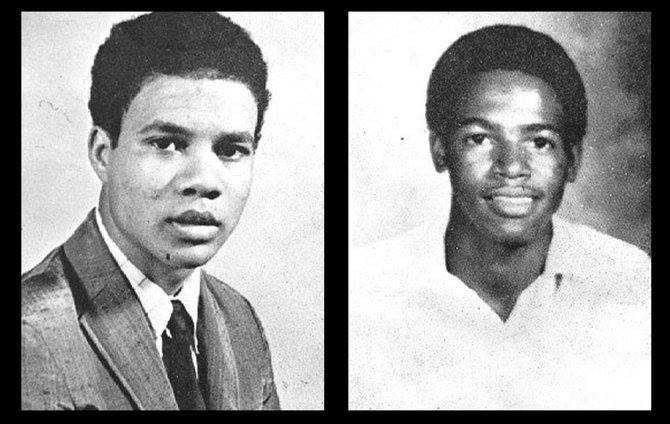
Phillip Lafayette Gibbs and James Earl Green. Source: Jackson Free Press
Here is an interview on Democracy Now! with Dr. Gene Young about this story that, while only 10 days after the Kent State Killings, does not get the same attention in the press and textbooks. Young, who as a student was a witness to the tragedy, begins by describing the protest:
We had had several nights of protests, not only because of what was going on at Kent State, but every campus in this country was in an uproar about the war in Vietnam. . . . Young Black males were being sent to Southeast Asia in disproportionate numbers, and we were concerned about that, in addition to the historic racism there in Jackson, Mississippi. So there were several nights of protests. And I was thinking that there would just be some taunts and jeers at the law enforcement officials present and thinking nothing would happen, but shortly after midnight, on that third night, early in the morning, May 15, actually, those students were fired upon at Jackson State.
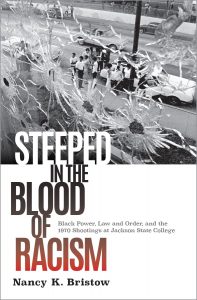 Learn more in Steeped in the Blood of Racism: Black Power, Law and Order, and the 1970 Shootings at Jackson State College (Oxford University Press, 2020) by Nancy K. Bristow. Read a detailed description of the book in “Steeped in the Blood: On the May 15th, 1970 Jackson State Killings” in Black Perspectives (May 15, 2020) by Brandon James Render and “Remembering the Jackson State Tragedy” in The Nation (May 4, 2020) by Nancy Bristow.
Learn more in Steeped in the Blood of Racism: Black Power, Law and Order, and the 1970 Shootings at Jackson State College (Oxford University Press, 2020) by Nancy K. Bristow. Read a detailed description of the book in “Steeped in the Blood: On the May 15th, 1970 Jackson State Killings” in Black Perspectives (May 15, 2020) by Brandon James Render and “Remembering the Jackson State Tragedy” in The Nation (May 4, 2020) by Nancy Bristow.
Another untold story is that of the Orangeburg massacre, two years earlier, as documented in the film Scarred Justice. Here are lessons for teaching outside the textbook about the Vietnam War and the anti-war movement.

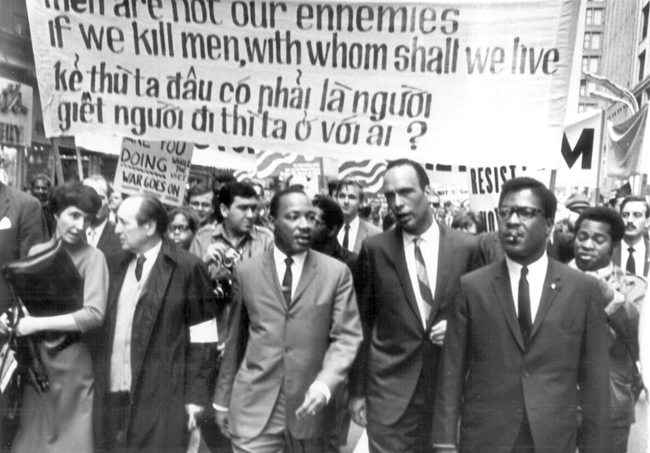
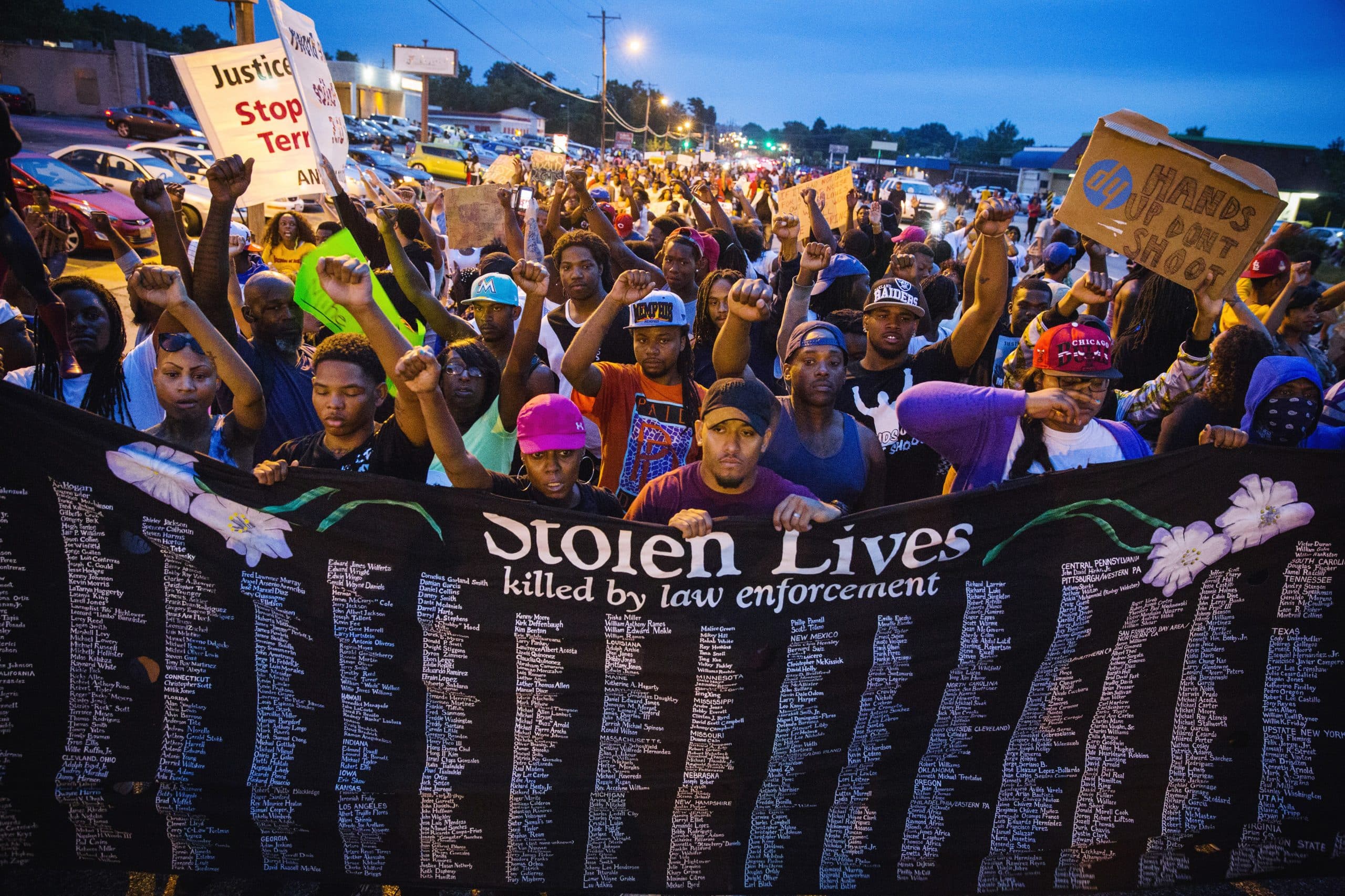
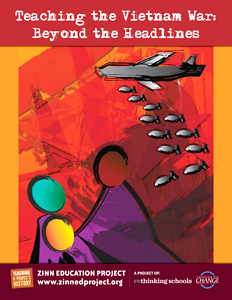
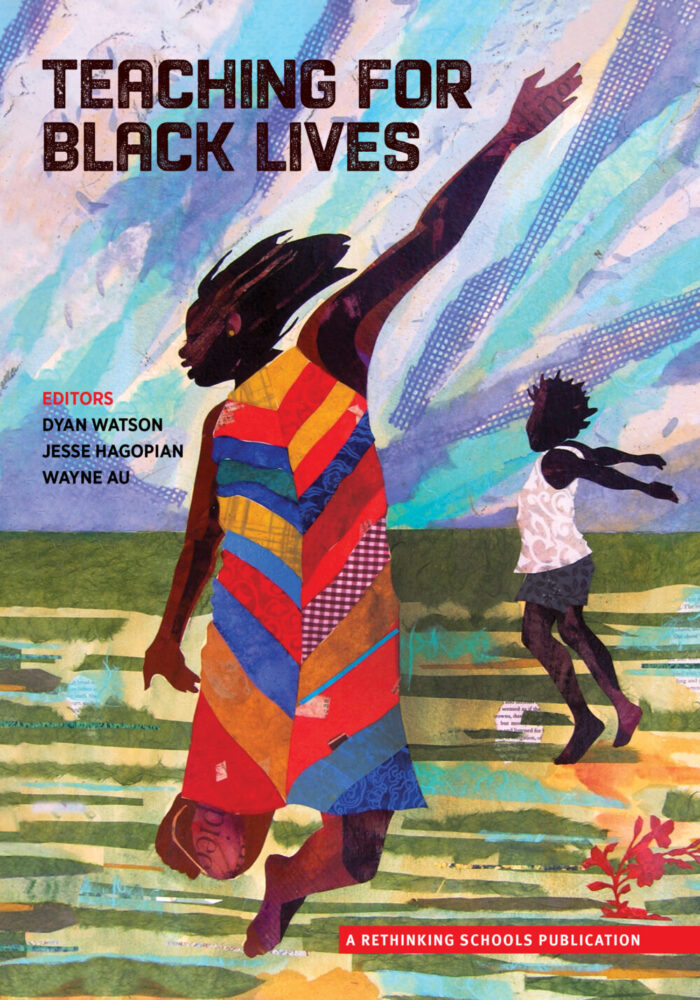
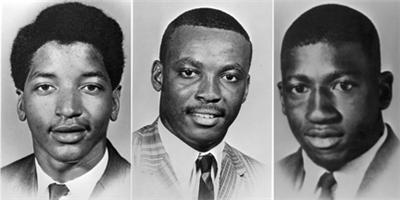
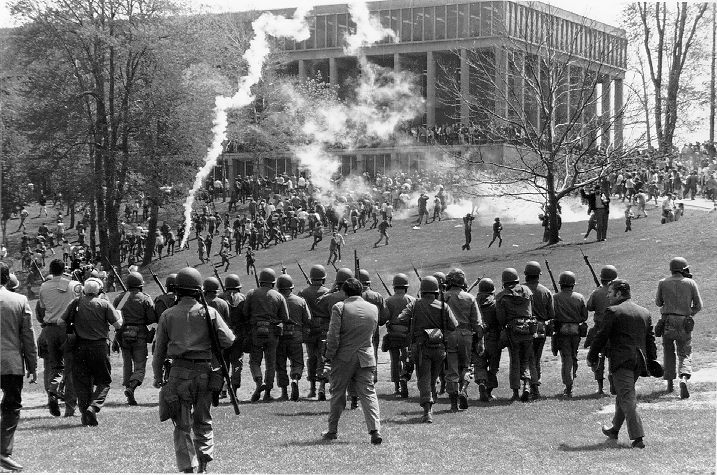





Twitter
Google plus
LinkedIn